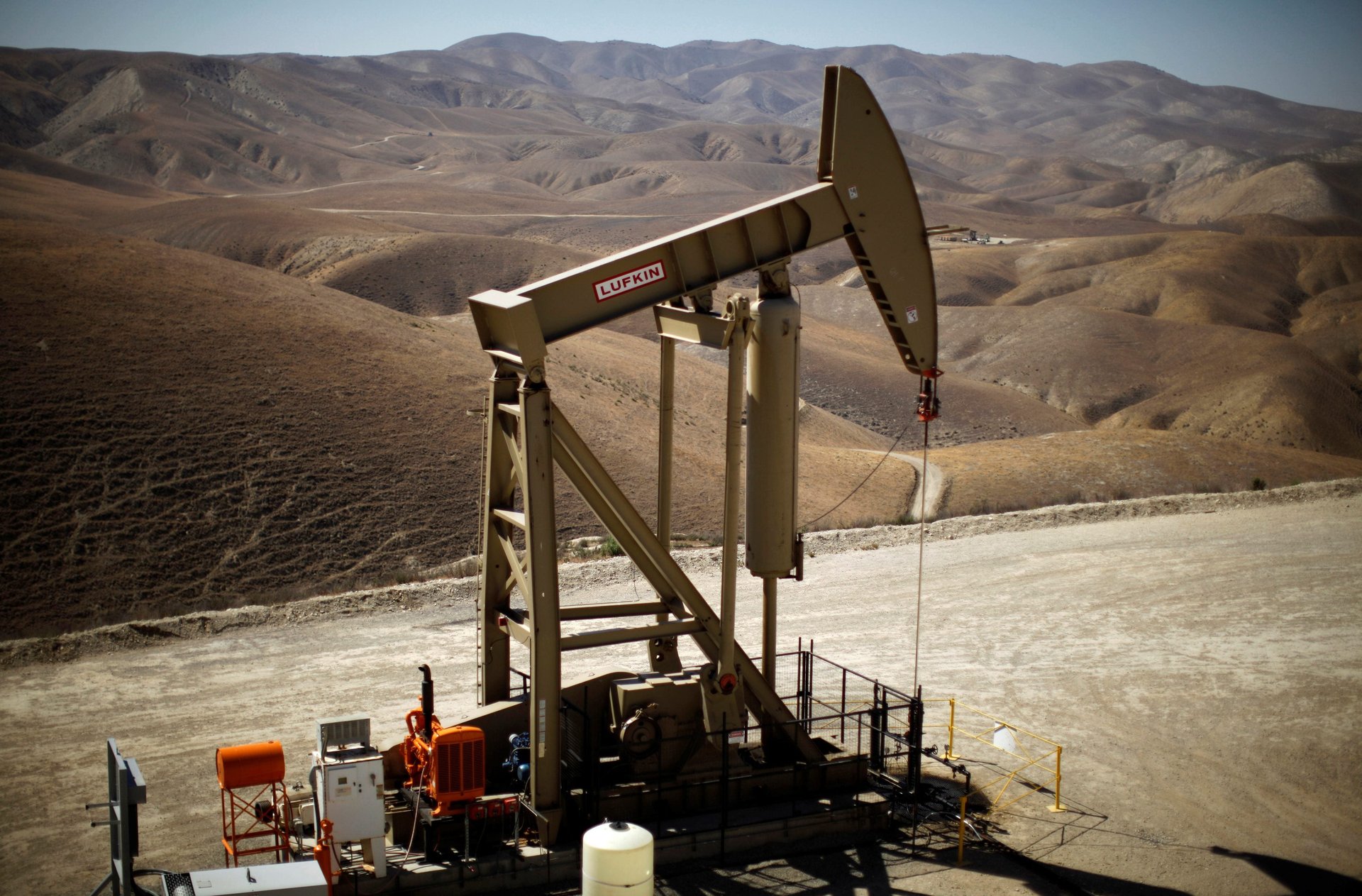The war of geology is over–but only sort of
Around June 2014, Saudi Arabia launched a silent and perhaps unprecedented type of war. Flooding the global market with crude oil, the Saudis pitted their enviable geology–subterranean reservoirs that produce some of the world’s cheapest oil–against arriviste American shale drillers who had burst presumptuously onto the market with a deluge of their own product. The war of geology sent oil prices into a plunge, where they have been ever since.


Around June 2014, Saudi Arabia launched a silent and perhaps unprecedented type of war. Flooding the global market with crude oil, the Saudis pitted their enviable geology–subterranean reservoirs that produce some of the world’s cheapest oil–against arriviste American shale drillers who had burst presumptuously onto the market with a deluge of their own product. The war of geology sent oil prices into a plunge, where they have been ever since.
But on Sept. 28, the Saudis, driven by deteriorating national finances, blinked and said that they would lead a cut in OPEC production. Saudi Central Bank cash reserves are down about 25% since the war began, to $554 billion as of August from $737 billion two years ago. A production cut, they hope, will raise prices and allow them to replenish some of those reserves.
Americans have suffered their own bloodbath. As of the beginning of September, 102 North American drillers have gone bankrupt as a result of the war, according to Haynes and Boone, a US law firm. But US production is still significantly higher than it was prior to the arrival of shale, at about 8.6 million barrels a day, compared with 4.9 million before shale oil.
Yet, any drawdown in the battle is more likely to be a reprieve than a cessation of hostilities. The Saudis will soon understand, if they don’t already, that not only are none of the other big producers–Russia and the US primarily–likely to cut production, but that they will gladly profit from the Saudi sacrifice. It will especially grate on the Saudis as regional rival Iran continues to ratchet up production.
The markets have echoed this reality. On Sept. 28, oil prices surged by more than 5% only to gyrate today: Brent crude traded down to start the day, then rose another 1.6% to $49.48 a barrel as of this writing. In notes to clients, the largest investment banks have yawned in response to the OPEC cut: Citi reiterated its call for Brent to average $60 a barrel next year, and Goldman stuck with a 2017 forecast of $53 a barrel.
Even if the OPEC cut does take hold, Goldman said, “We would expect it to prove self-defeating medium term with a large drilling response around the world.” Citi said, “This remains a new world where OPEC has relinquished its role as [the] central bank of oil, able to deprive liquidity through output cuts.”
Not everyone is pouring cold water on the OPEC decision. RBC said it expects Saudi to remain steadfast. “Saudi Arabia will be pretty determined to make the deal stick as it has so much on the line and put so much diplomatic effort behind forging the consensus in Algiers,” the bank said.